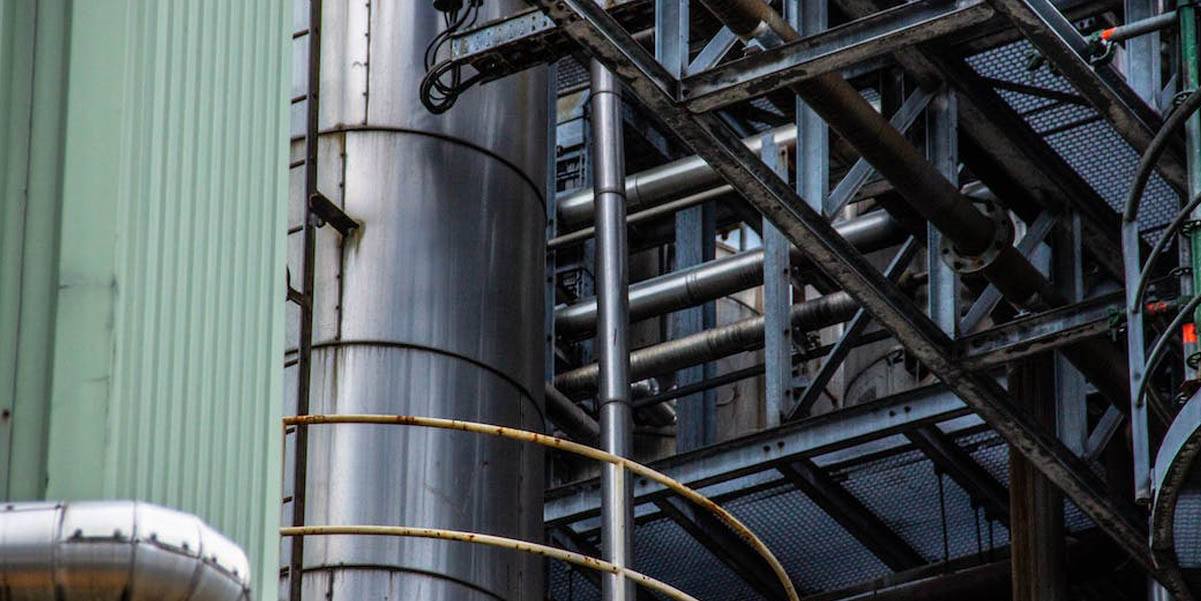
El régimen fiscal aplicable en los depósitos fiscales de hidrocarburos
In previous articles we have already talked about the importance of tax warehouses in the hydrocarbons sector, so having said this, we will now proceed to explain the tax regime that applies to them in relation to the Special Tax on Hydrocarbons and VAT.
Suspensive regime of the IIEE.
Firstly, it should be noted that the main reason for applying this suspension regime is to avoid the financial costs that may arise as a result of the time lapse between the taxable event and the moment when the fuel is consumed.
The regulation of the suspensive regime in the excise tax on hydrocarbons in tax warehouses can be found in Article 4 of the Excise Tax Law, understood as:
“The tax regime, consisting of the suspension of excise taxes, applicable to the manufacture, transformation, holding, storage or circulation of products subject to excise taxes.”
As regards its operation, it is nothing more than a postponement of the payment of the excise tax. In other words, the taxable event is generated but the accrual of the tax does not occur until a later time. This means that both the products inside the bonded warehouses and the products subject to excise duty on hydrocarbons that are received, operate under a suspensive regime until the product in question is put into circulation, i.e., until the product stored in a bonded warehouse is put into the distribution chain.
In other words, the taxable event takes place once the product enters the tax warehouse, but the accrual of the taxable event does not occur until the product enters the distribution chain, i.e., until the product stored in the tax warehouse is released for consumption.
VAT regime in tax warehouses.
On the other hand, it is appropriate to explain the VAT regime applicable to tax warehouses, for which we refer to Article 24 of Law 37/1992, of December 28, 1992, on Value Added Tax (hereinafter, LIVA), which refers to the exemptions related to customs and tax regimes. Specifically, in its first paragraph, it establishes that the following are exempt from VAT:
“the supply of goods intended to be linked to a warehousing system other than customs warehousing and those that are linked to such system” understanding by such warehouses “the suspensive regime applicable in the cases of manufacture, transformation or holding of products subject to excise duties of manufacture in factories or tax warehouses, of circulation of the referred products between such establishments and of importation of the same destined for factory or tax warehouse.”
Therefore, the owner of a tax warehouse or the person who operates through them (oil operators) acquires and stores the fuel enjoying the suspension regime of the excise tax and VAT exemption. In fact, their tax obligations are purely statistical and are fulfilled by filing form 380 of “VAT assimilated to import”, always with a zero quota to be paid.
This tax regime for both VAT and IIEE, is a totally valid option in the legal aspect, allowing the tax warehouses to enjoy a greater financial capacity and to fiscally optimize the activity and the economic operation in the hydrocarbon sector. It should be noted that the suspension regime of IIEE and VAT exemption will entail a greater control by the Tax Agency in order to avoid fraud, abuse or tax evasion.
Currently, in order to operate through a tax warehouse, it is necessary to obtain authorization from the managing office through the granting of the so-called CAE (Activity and Establishment Code). In addition to the mandatory documentation (descriptive report of the activity, guarantee in the form of a guarantee, plan of facilities, etc.) the different managing offices may request from the interested party the documentation they deem necessary to justify the registration as an authorized depository and therefore grant the so-called CAE H7 that allows operating in the sector under the benefits applicable to the fiscal deposits of hydrocarbons.



















